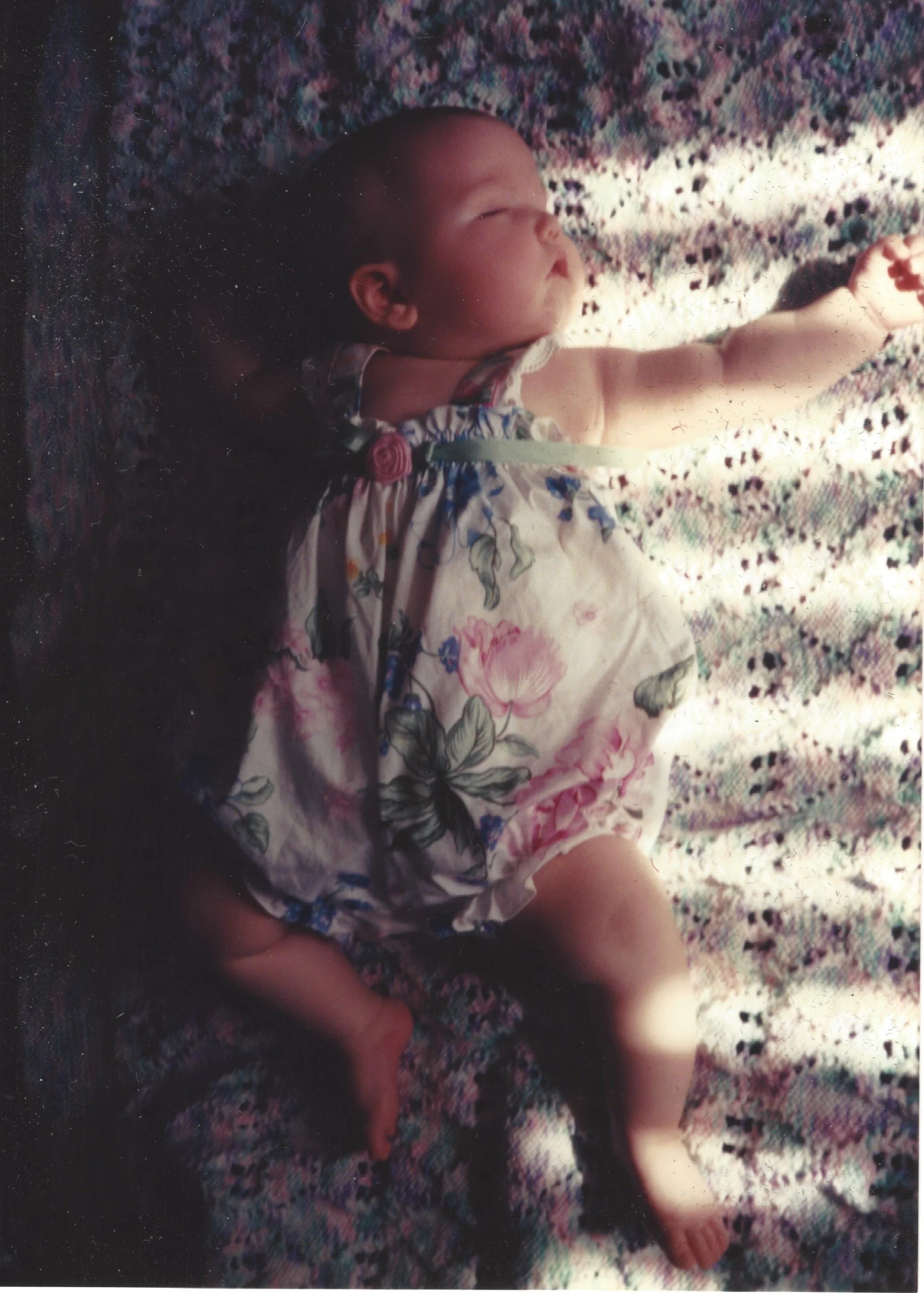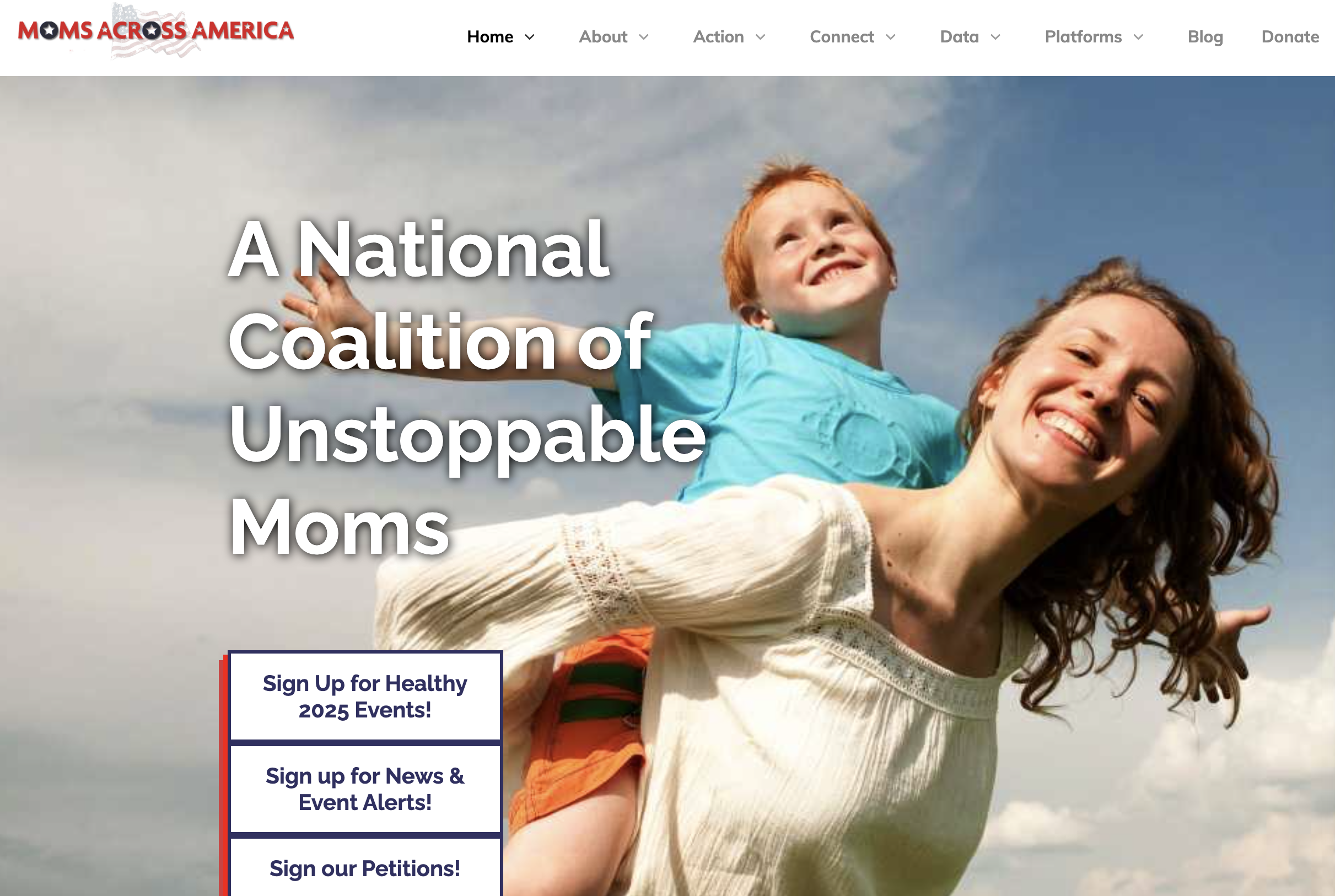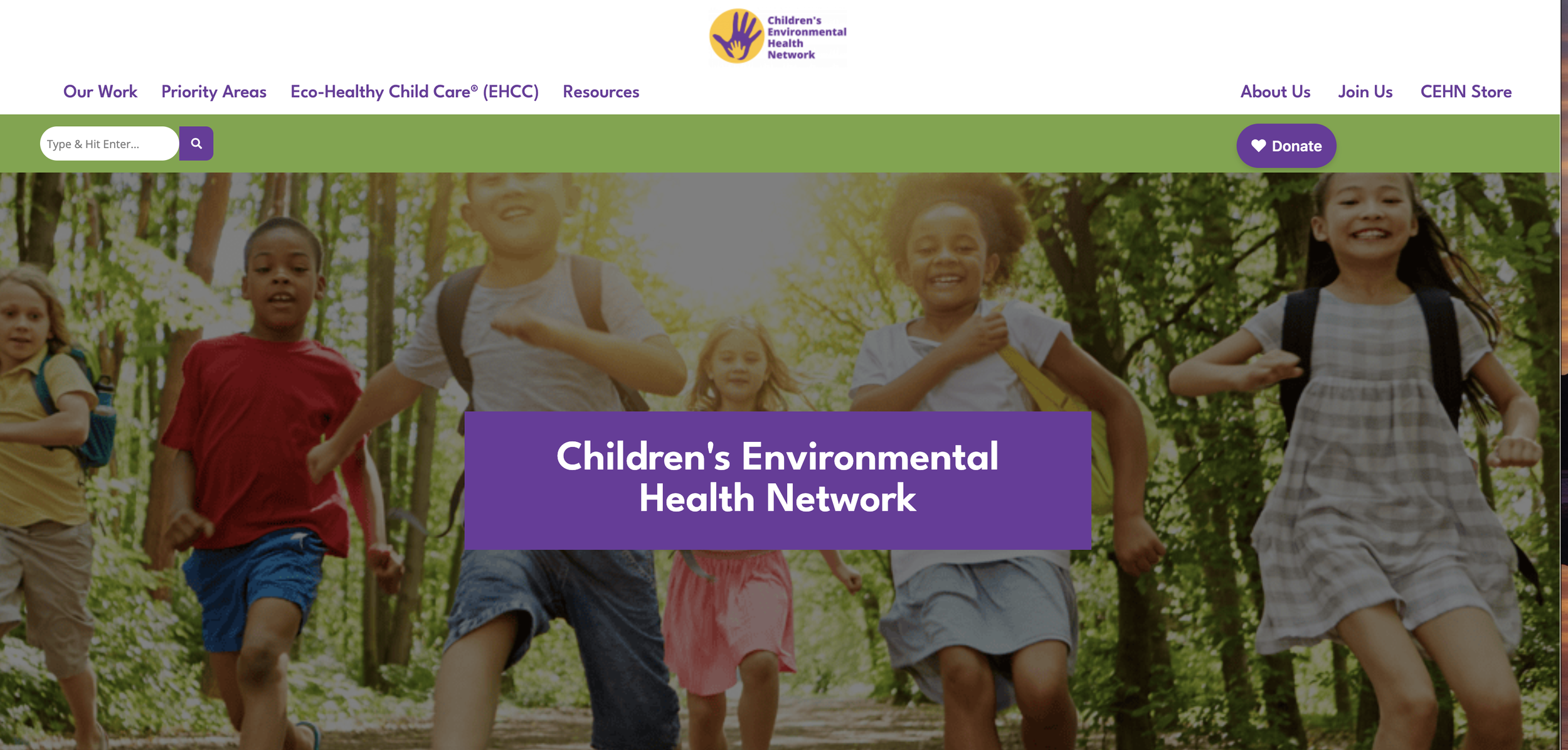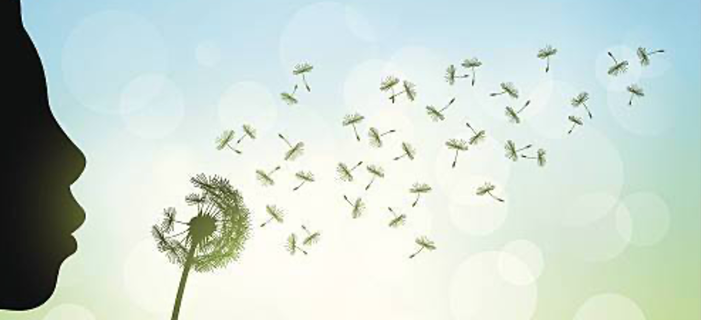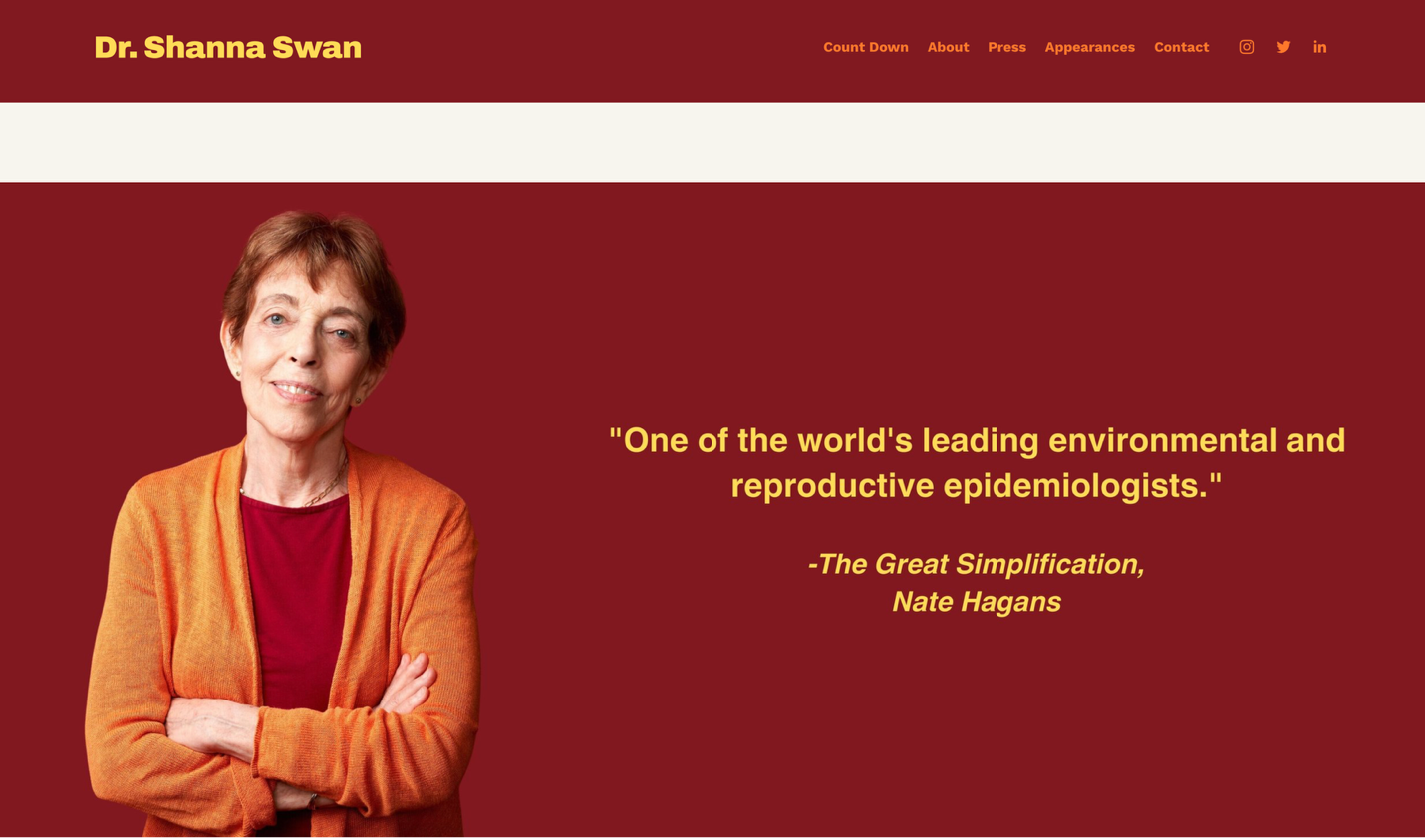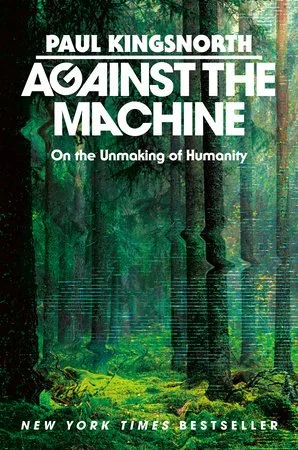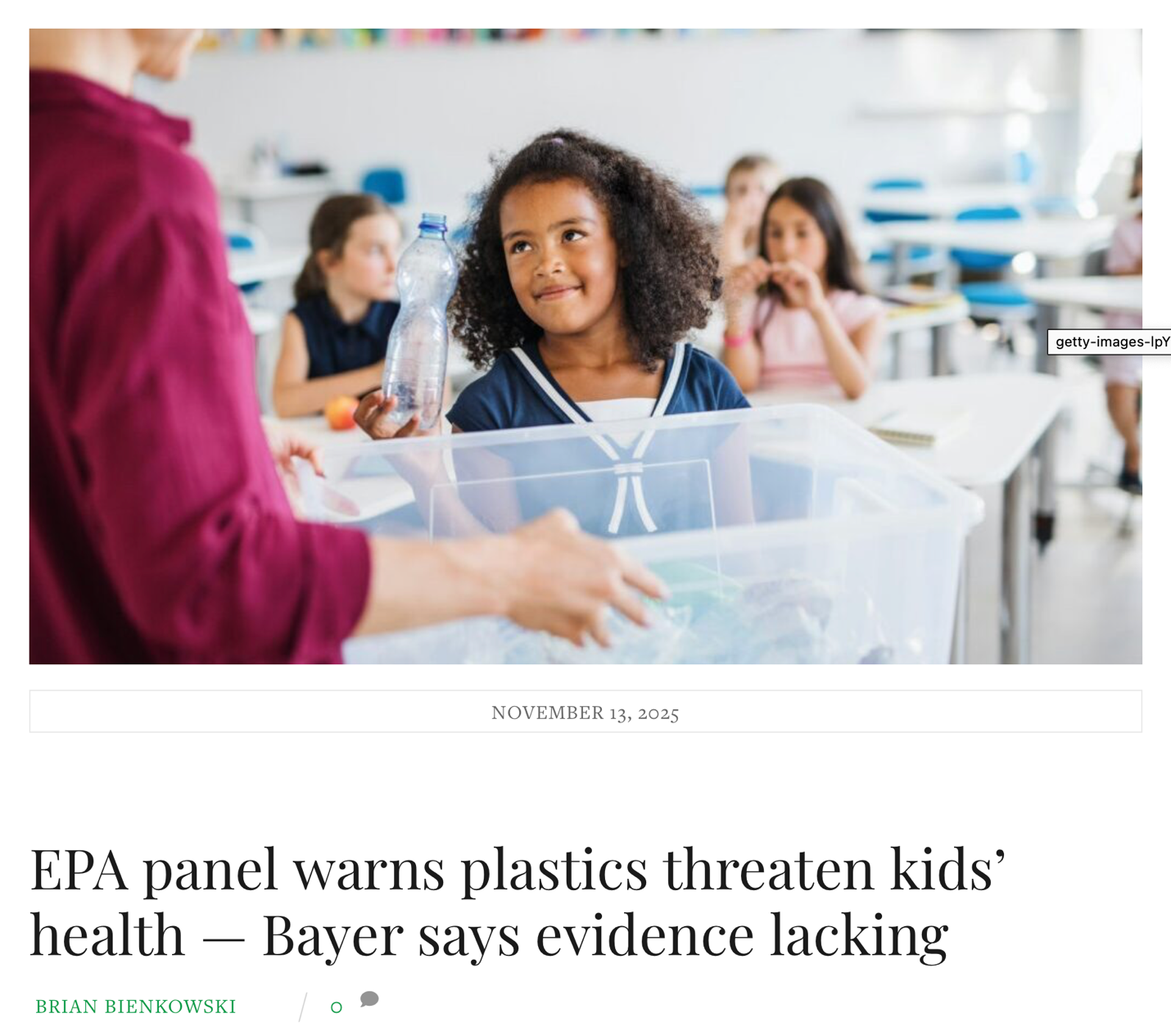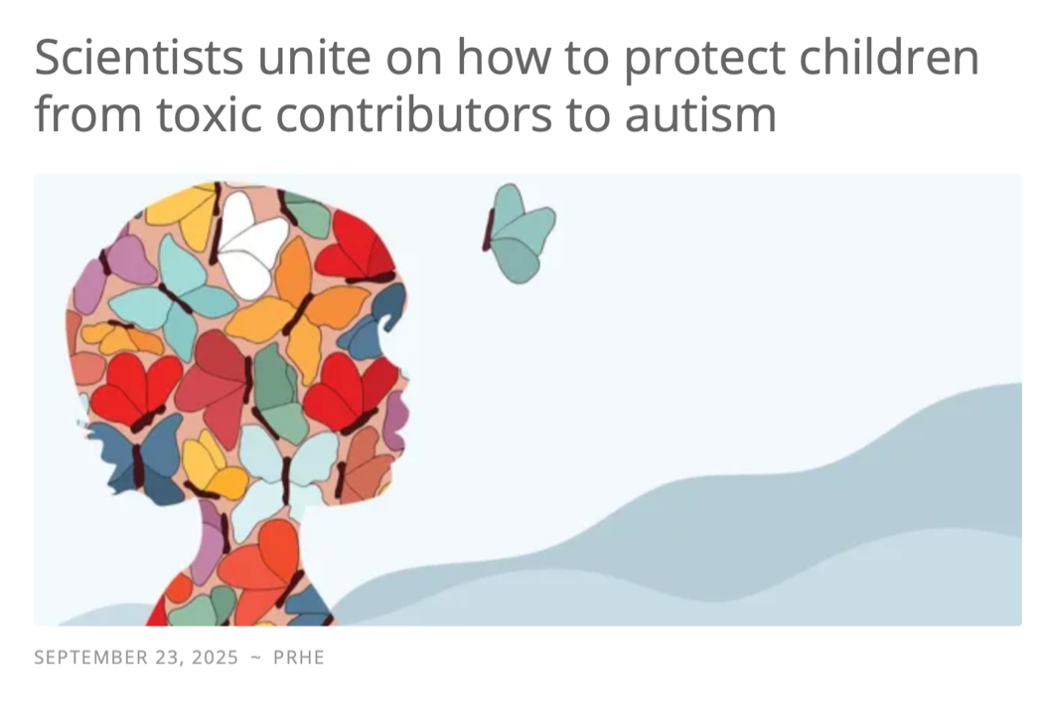Time is a very strange thing when your life has really ended more than twenty years ago. Moments from long ago seem crystal clear, while the more recent past is a painful blur. Katherine would have been 30 today. It seems alien and offensive to say or to hear those words since she died at barely 8. I had not thought I would survive a moment without her -- or certainly, I had wished I would not. Yet here I am.
I am sure if she had lived, I would have been a grandmother, perhaps more than once. Yet all of life seems a dark photo-negative of what it should have been. What are those years that have never been and will never be? That future once clearly imagined and now fading into indistinctness as it merges with a present that seems like it should not have been? There is a doubleness, not only to my life, not only to what hers should have been, but for every person who was close to her -- for every person who would have known the people we would have been. For as surely as she has not gotten to live the life she would have had, I am not the person I would have been, not for a long time. I wish we could have frozen time then -- and I'm glad we didn't know how it would end.
I'm not sure this would make any sense to someone who has not had a traumatic loss early on in life.
But I can tell you with certainty: the cost we are paying so that a few rich industries, a few rich individuals, can become even more filthy rich, is not measured in death statistics alone. The cost is also measured in diminished and ruined lives that echo ever outwards from the morbidity and mortality that (might) make the official reports. There is no way to put a real number on the true cost of the loss we are allowing the chemical industry to impose on us all.
My new friend Richard Jackson, MD, MPH is one of the foremost scholars on exposure science and heroically helped to begin the CDC Biomonitoring Project. This is what he emailed me about phthalates, just one of the environmental chemicals that cause childhood disease:
Phthalates are softening agents. In the past, infant pacifiers and lipstick were 50% phthalates. CDC’s lab developed methods to test [for] these and many other chemicals in blood and urine.
In a large, diverse sample of US births, exposure to phthalates was associated with increased risk of preterm birth. The authors (Trasande et al. 2024) estimated that there were over 56,000 phthalate-attributable preterm birth cases in 2018 with associated costs of $3.84 billion. This suggests opportunities for prevention, and that substitution of a well-known phthalate with chemically similar chemicals does not diminish risks. They identify the need to regulate chemicals with similar properties as a class [of chemicals].
To me, it also emphasizes the power of biomonitoring.
Please. If you have children. If you can even faintly imagine the loss I endure every day. Vote the environment. Educate yourself. Support science. And protect, as best you can, yourself and those you love. This would be Katherine's only legacy. <3
